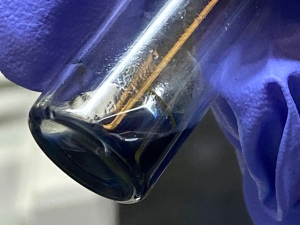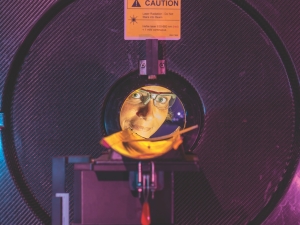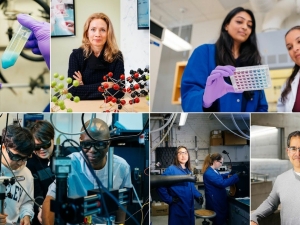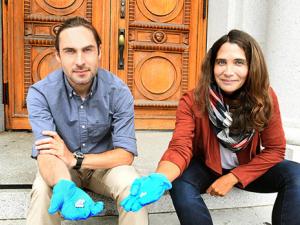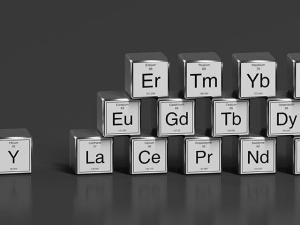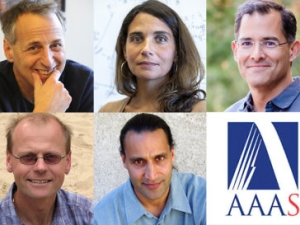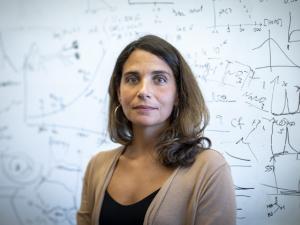

Research Bio
Rebecca Abergel is an Associate Professor in the Departments of Nuclear Engineering and Chemistry at UC Berkeley and the Heavy Element Chemistry Group Leader within the Lawrence Berkeley National Laboratory's Chemical Sciences Division.
The multidisciplinary research undergone in Abergel's group is at the interface of coordination chemistry, nuclear chemistry, radiochemistry, photophysics, chemical biology, health physics, pharmacology, and molecular and cellular biology. The group studies the effects of heavy element and inorganic isotope exposure and contamination on different biological systems in addition to the coordination chemistry and metabolic properties of lanthanide and actinide complexes formed with synthetic and biological ligands. Goals are to gain a better understanding of the biological coordination chemistry and toxicity mechanisms of the f-elements and to develop specific strategies for decontamination, waste management, remediation, separation, and radiopharmaceutical development.
Abergel also leads a large collaborative effort on the development of new drug products for the treatment of populations contaminated with heavy metals and radionuclides. One of these products was granted an Investigational New Drug status from the U.S. Food and Drug Administration in 2014 and is now entering a Phase I clinical trial.
Research Expertise and Interest
Heavy element coordination and biological chemistry for new decontamination, separation, radiotherapeutic strategies
In the News
Scientists Discover New Heavy-Metal Molecule ‘Berkelocene’
In Sickness and in Health
Berkeley’s Ecosystem of Innovation, Entrepreneurship Combats Climate Change
2024 Bakar Prize Recipients Target Skin Disease, Spintronics and Tree Bark
Removing a Potential MRI Risk - Literally
Are heavy metals toxic? Scientists find surprising clues in yeast
UC Berkeley Professors Named AAAS Fellows
Five Berkeley faculty members elected fellows of the AAAS
A Single Dose for Good Measure: How an Anti-Nuclear-Contamination Pill Could Also Help MRI Patients
Featured in the Media
New radiopharmaceuticals have radiochemistry research heating up.
“We’ve achieved a really technically difficult experimental method that pushes the boundaries of isotope chemistry and lets us gain a better understanding of this element,” says Associate Professor Rebecca Abergel.

